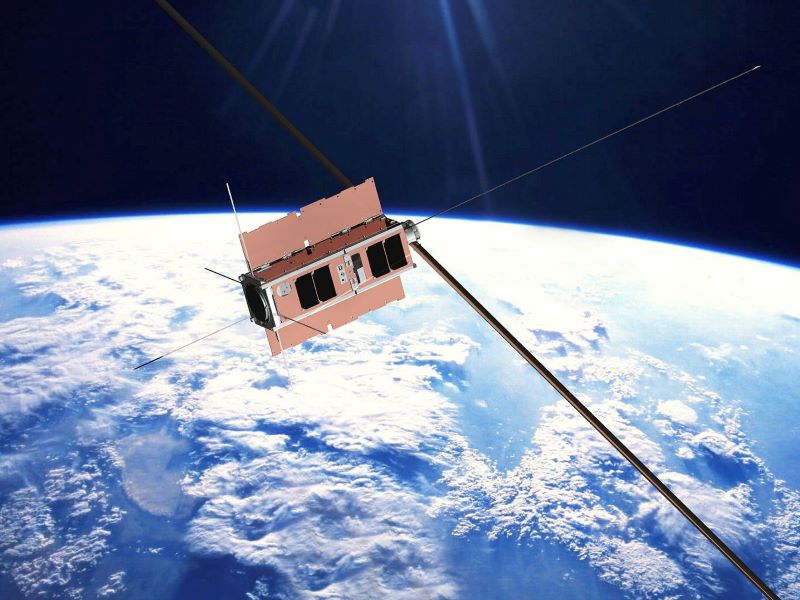“Hostile acts” in space and the strategic importance of the region are spurring the Australian Defence Force to develop sovereign space access and capabilities, according to a high-ranking officer from the project.
Defence has previously committed to not encourage the militarisation of space.
Defence announced plans to set up a Space Division within the Royal Australian Air Force (RAAF) next year after receiving $7 billion from the government last year to improve how it operates in space.
Defence has severely limited sovereign space capabilities – it is in full ownership of as few as one satellite and relies almost entirely on the US and commercial partners.
In the May announcement, the chief of the Air Force said Defence needed to develop capabilities in space as a “contested domain” but added “this does not mean that Defence encourages the militarisation of Space”.

At a webinar discussion with the Academy of the Social Sciences on defending space, Australian Air Force Air Commodore Philip Gordon explained the limitations and why Defence needed more sovereign capabilities.
He said it was unrealistic for space to be a purely scientific endeavour or public common.
“If everyone would agree and hold to the fact that we’ll all just play nice in space that would be great. But you can’t put that genie back in the bottle. People are already competing in space, there are already military technologies applied to the space domain,” Air Commodore Gordon said on Thursday.
“And so I think the real game is making sure that we can moderate people’s behaviours, we can shift their decision calculus through deterrence, through good collaboration and communication such that people don’t do things that make it worse for everyone.”
He said there have already been demonstrations of “hostile acts in space”, such as denying space capabilities for other countries. This is disrupting space as a common for all, despite militaries around the world being cognisant of the need to preserve it, Air Commodore Gordon said.
“But the reality of great power competition is that we need to be grown up about the threats that exist and the need to apply all elements of national power in a very sophisticated way to make sure people don’t make poor decisions that that ruin space for all of us,” he said.
He said Australia has historically been a space “consumer” with effective partnerships on access and capabilities but without its own. Defence fully owns and controls few if any space satellite outside of the M2 CubeSat developed by UNSW Canberra Space and its director Professor Russell Boyce.
“We’d be hard pressed to point to anything that’s orbiting the Earth that we own, other than Russell’s CubeSat,” Air Commodore Gordon said.
Last year the federal government committed $7 billion in funding over the next decade for Defence to improve the way it operates in space. The funding represents about 3 per cent of total defence spending over the next 10 years.
In May a Space Division was announced. It will not launch until next year and details are still being worked out, but it is expected to be housed in the RAAF and include personnel from all areas within Defence.
The federal funding had created a “tipping point” for Defence’s space ambitions, Air Commodore Gordon said, and will help move it from a space consumer to operator.
“It’s really important to take this kind of loose federation of [space] consumerism and actually start driving the bus to the future that we want,” he said.
Do you know more? Contact James Riley via Email.

